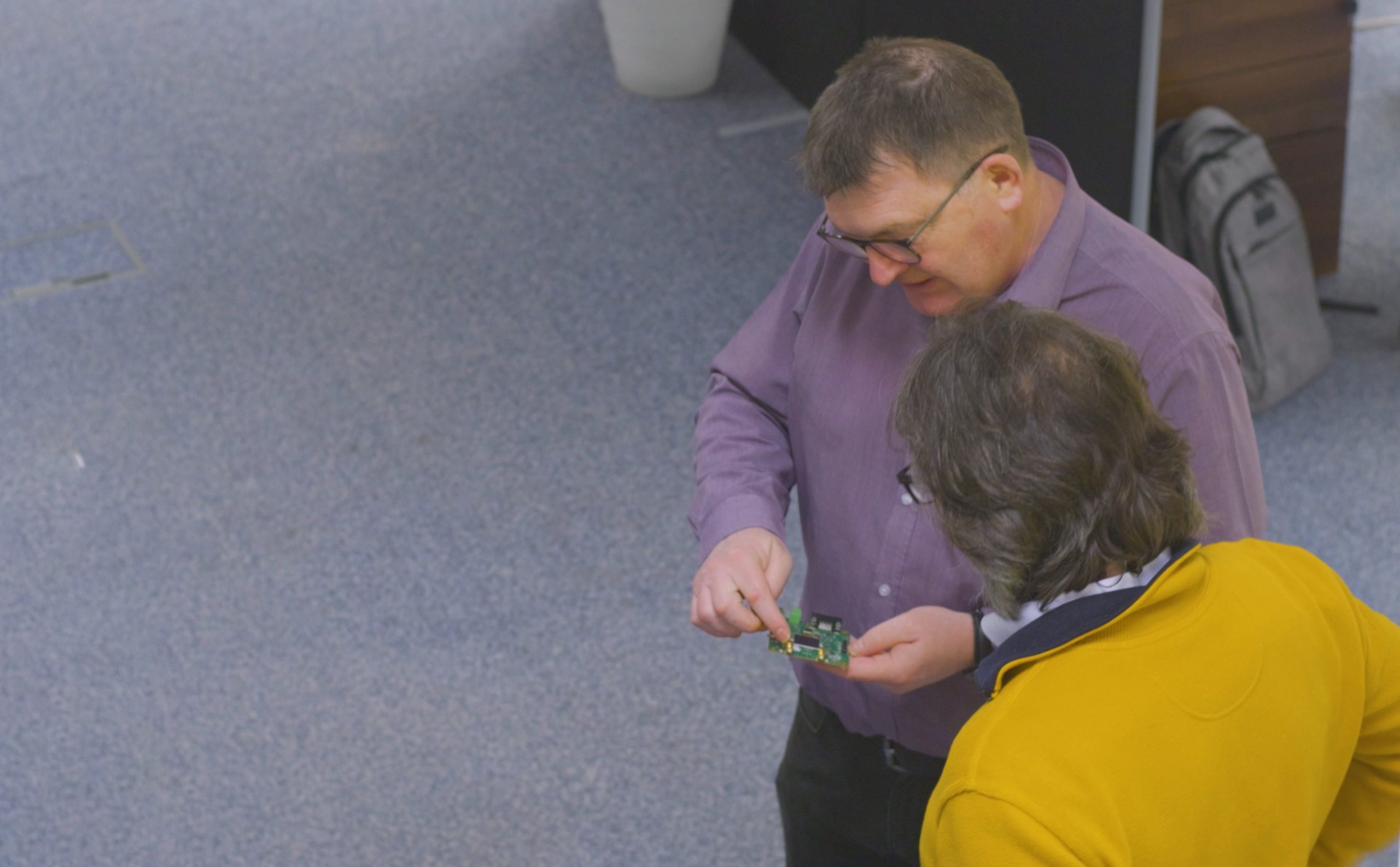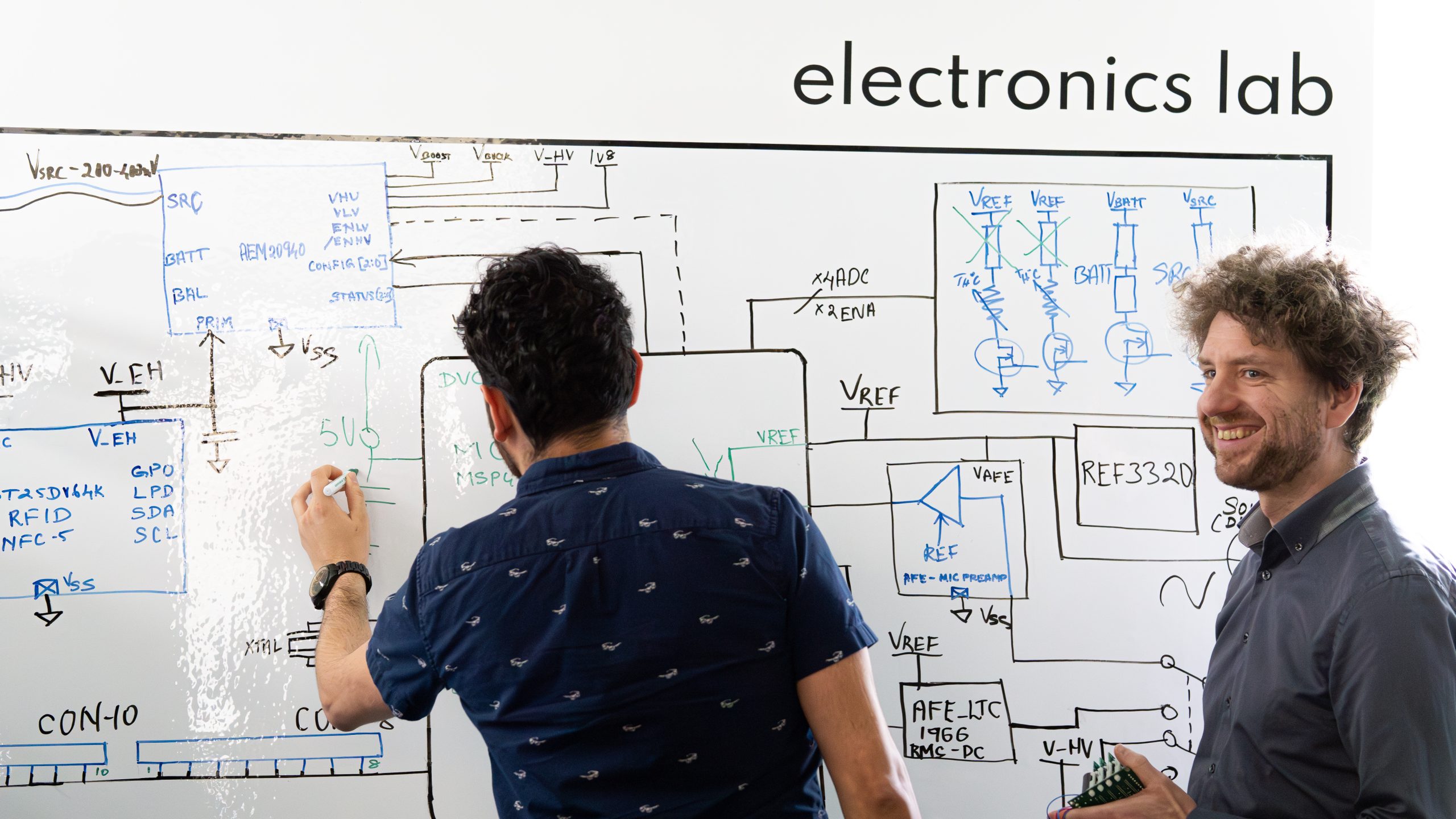
The recent enactment of Reese's Law (2022) marks a milestone for consumer safety and product design. While the legislation is primarily focused on preventing tragic incidents like the one that led to its creation, Reese's Law also sets a broader trend towards greener energy solutions. We hope to see disposable batteries becoming a thing of the past, replaced by sustainable and safer alternatives such as energy harvesting technologies.
Reese's Law is named after 18-month-old Reese Hamsmith who tragically passed after swallowing a button cell battery. The law mandates stricter safety standards for button cell and coin batteries.
To comply with Reese’s law, batteries and consumer products containing them have to…
These measures are crucial for enhancing safety, however, they also highlight the inherent risks and limitations of disposable batteries.
As the awareness of these risks gathers momentum, we anticipate a shift towards legislative measures that further restrict the use of disposable batteries in consumer products. Reese’s Law sits within American jurisdiction, however it won’t be long until we see such measures in the UK.
The European Union are also set to modernise their legislation, with new regulations to be enforced in 2027. i4PD recently attended Hardware Pioneers - an electronics based exhibition in London – and this was a main topic of conversation. Manufacturers, suppliers and designers were already evaluating how they will adapt their designs in preparation. The EU’s main objective for the regulations is to extend the life cycle of products and reduce consumer waste. The pressure encourages manufacturers to explore and adopt alternative energy solutions that are both safe and sustainable, something we at i4PD are strong advocates of.
Energy harvesting technologies are a fantastic alternative to traditional batteries. It’s possible to convert energy from specific sources such as solar, heat, kinetic, or radio frequencies into electrical energy. The harvested energy can be enough to power devices without the need for conventional batteries. This not only mitigates safety risks but effectively addresses the environmental concerns associated with battery disposal and resource consumption.
At i4PD, we’re excited about the transition away from batteries. We’ve invested internal resources towards researching and developing cutting-edge energy harvesting solutions for various applications. Our Electronics team are specialists in LE (Low Energy) devices, so designing new energy harvesting solutions to power them was a natural step. We were excited to announce or granted patent earlier this month.
Here are a few examples of sectors we see these technologies impacting:
Reese's Law sets an important precedent. From this point onwards we can expect to see a waterfall of legislation targeted at reducing the use of disposable batteries. It’s likely that the use of rechargeable and energy harvesting systems in a broader range of products, pushing industries to innovate and adopt greener design choices. The product development process can take a long time, often with a few years of lag time from idea to market release. Companies that are proactive in embracing this technology early are set to gain a competitive edge by offering safer, more sustainable products.

Reese's Law is more than a safety regulation; it’s a catalyst for change in how we consider designing and powering our devices. As legislation continues to evolve, i4PD are here to help businesses navigate and lead this transformation, creating products that are industry leading, compliant with regulation, and a greener choice for the planet.
If you’ve got a new product or idea you would like to develop, book a call to speak to one of our experienced engineers to discuss the next steps towards accelerating your product development.
To have a look at a selection of previous projects, please have a look at our portfolio of case studies.